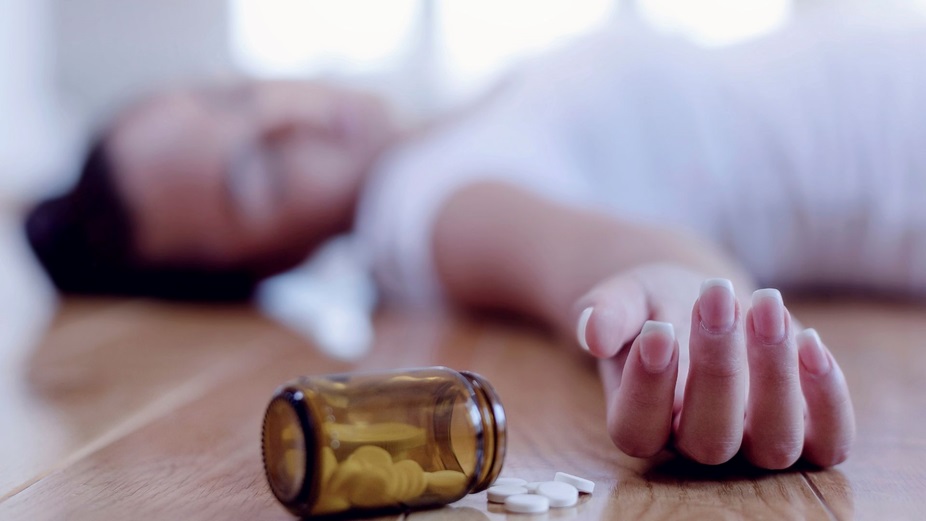Morphine is a powerful painkiller that can be very helpful for people who are suffering from severe pain. However, morphine can also be dangerous if it is taken in large doses or if it is mixed with other medications. In this article, we will discuss the signs of a morphine overdose and what to do if you think someone has overdosed on this medication.
What are the Signs of Morphine Overdose?
The signs of a morphine overdose can vary depending on the person and the amount of medication that was taken. However, some common symptoms of an overdose include:
- Drowsiness: The person may feel very tired or even fall asleep.
- Nausea and vomiting: This can cause dehydration.
- Confusion: A morphine overdose can confuse the person with time, place, and identity. They might not know where they are or who is around them. In extreme cases, this confusion can lead to hallucinations.
- Slow heartbeat and low blood pressure: This can be life-threatening if the person does not get help soon enough. Their heart rate may slow down so much that it stops completely (cardiac arrest).
- Trouble breathing: The person may have trouble catching their breath, or they might stop breathing altogether (respiratory failure).
- Blue lips or nails: This happens because the body is not getting enough oxygen.
- Blurry vision: The person may have trouble seeing clearly, which can make them dizzy and fall down. They might even faint! In extreme cases, this can lead to a coma or death.
- Pinpoint pupils: The pupils might get very small (pinpoint) when looking at a light.
What to do When Someone Overdoses on Morphine?
Knowing how bad is the morphine withdrawal timeline can help manage symptoms and cravings. You may even tune up with the morphine recovery podcast to learn about morphine overdose, withdrawal, and recovery. However, if you know someone who is taking morphine or you are caring for someone who has overdosed on morphine, it is important to call 911 right away.
You may also follow these steps to help keep them safe until medical professionals arrive:
- Turn their head so that they’re facing up or to the side if possible, without causing injury (this will help them breathe).
- If they are not breathing, start CPR (cardiopulmonary resuscitation) and continue until paramedics arrive.
- Check their pulse, and if it is weak or absent, begin chest compressions.
- Keep them warm and comfortable: remove any constricting clothing and cover them with a blanket.
To Conclude
This was a general overview of the signs of a morphine overdose and what to do if someone has taken too much of this medication. If you have any questions or concerns, please talk to your doctor or pharmacist. Remember, it is always better to be safe than sorry, so if you think someone has overdosed on morphine, don’t wait – call 911 right away!


